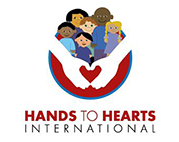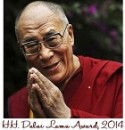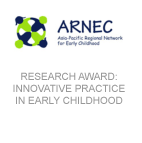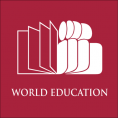We were incredibly excited to see Nicholas Kristof’s column in the New York Times on Saturday, ‘A Poverty Solution That Starts With a Hug.’ What a way to wake up! Kristof (journalist, op-ed columnist, author and winner of two Pulitzer Prizes) is a leading voice for human rights issues around the globe and is talking about EXACTLY why HHI was founded and why we do what we do.
Kristof is reacting to information recently released from the American Academy of Pediatrics (AAP) that toxic stress can harm children for life. He says that the number one peril for children occurs in their earliest years and even before birth—this is why HHI aims to empower caregivers with the knowledge to be the best they can be from day one. We encourage all women—pregnant, those with small children, those with older children and those with no children of their own to attend our trainings. Everyone can make a difference in the life of a child. We know that love is stronger than war, poverty and violence. We know this because we’ve seen it first-hand.
This is why HHI works in the most compromised, stressful environments with the most vulnerable populations. Stress is inevitable, in all walks of life, but how we deal with it makes all the difference. The stress hormones in our bodies disrupt our metabolism and our brain make-up (check out this article on how the emotional relationship a toddler has with their mommy influences their risk of obesity later in life). When a baby cries and their caregiver doesn’t respond or responds negatively, the stress hormones can be extremely damaging. However, when a baby cries and their caregiver responds with love none of this occurs.
Watch Laura, HHI’s founder and executive director, talk about why she founded HHI after working with children who suffered from attachment disorder.
Why is this so important? Children who suffer from attachment disorder (those who were never given the opportunity to form a lasting bond with a consistent caregiver before age 3) and other ill-effects of stress in their early years show “limited educational achievement, diminished economic productivity, criminality, and disparities in health,” according to the AAP. The more we can support and empower caregivers to use the innate nurturing ability within them—an incredible FREE resource available to all people—the faster we can change our world. This sounds daunting but it’s true.
We talk about the ripple effect a lot—if one mommy attends a training and changes the way she interacts with her baby that baby grows up knowing how to care for their children. If that mommy also tells her family and friends, who treat their children differently and tell those in their villages and so on, the impact is staggering.
Let’s keep the conversation going! Please share our blog, share Kristof’s article and just talk about this incredible new research.










